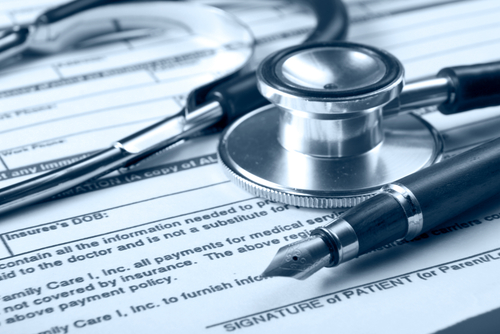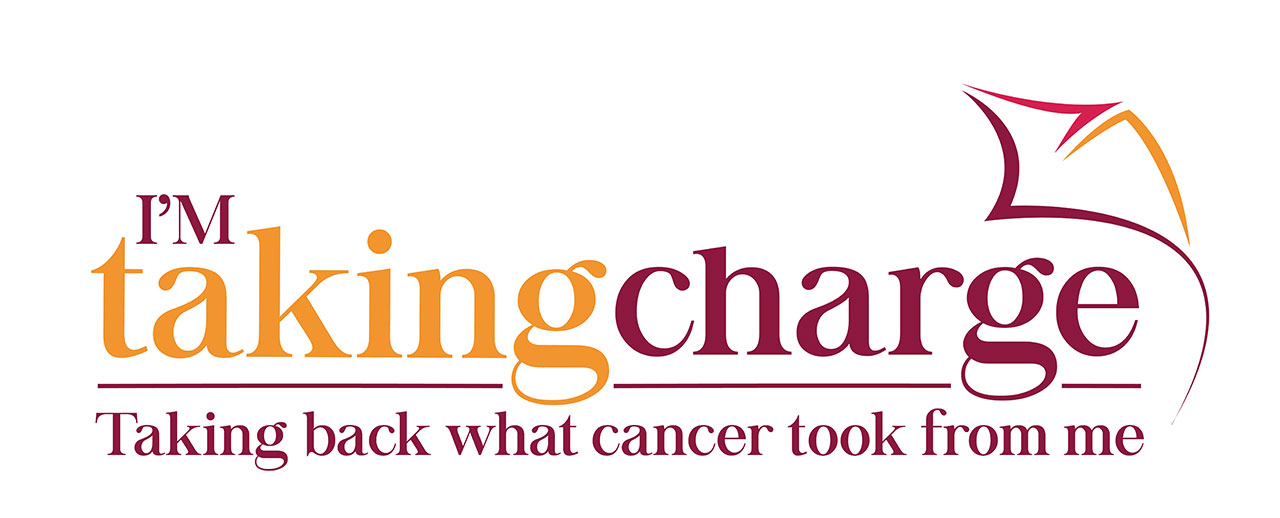During your breast cancer and reconstruction journey, you’ll likely amass a small forest’s worth of medical papers. Managing breast cancer paperwork may seem unnecessary. But they often include important information about your insurance, bills, and a huge range of other medical areas.
Holding onto these papers is one part of dealing with them.
It won’t do you any good to have piles of medical papers stuffed into a closet or corner. What if you have an issue with your insurance? Or you’ve forgotten the treatment one of your physicians recommended? You must be able to find the papers you need. This means that some effort must go into organizing and managing your medical papers.
Types of Medical Papers
The papers you receive will vary depending on your individual experience. Still, you can divide most papers into either medical bills or medical records.
Medical Records

Your medical records consist of a huge array of information. The term is a general term. It can refer to anything from digital recordings and progress notes to specialist letters.
These records should be detailed. You’ll find your patient identification number on these records. Information about advice you’ve received is also found in your medical records. Your medical records contain any information relating to your treatment, tests, surgeries, and medication. Needless to say, they are important.
Due to the information they hold, medical records are rarely just given out. You can request that records be sent between your physicians. Since many medical offices and providers maintain digital records, this process has become easier. By having your records sent to every physician in your cancer team, you ensure they stay up-to-date on changes in your health. This helps them redirect their care to better suit your changing situation.
In most cases, you can also request your medical records for personal use. This is often suggested for individuals dealing with long-term illnesses and problems. It allows you to put together a personal health record. This makes it easier to stay aware of your own health changes. When you have all your medical records, you can look at how you’ve progressed over time. You’re able to see treatments or medications that didn’t work, along with detailed progress of your well-being.
But, all that information is already available to your physicians. Why would you need to know about medications and all that?
Well, because sometimes physicians forget. Things can be overlooked when a physician is going through your medical records. This isn’t the result of bad practices or apathetic physicians. It is just an accidental oversight. But it is preventable as long as you take responsibility for managing your own healthcare.
Medical Bills

No one likes medical bills. You don’t want to look at them, much less receive them in the first place. But they will make up a good part of your mountain of medical papers. Even after you pay a bill, it’s a good idea to keep the copies around.
A part of this is because a huge number of medical bills contain some sort of error. While some of these errors may be minor, others could cost you hundreds of dollars. After you see a physician, you will receive a medical bill alongside an EOB (if “EOB” doesn’t ring a bell, check out our article about understanding medical insurance). These two documents detail the services you received and their costs. In some cases, you will receive many bills from different providers.
First of all, always look over these documents carefully. Don’t assume they are correct. In this case, being critical is a good thing.
Beyond the actually bills, you will have insurance claims that you have made to cover those bills. Keep records of these claims, as well. If there is some sort of dispute, you have evidence that you made an insurance claim. This won’t make the dispute go away. But having all your medical bills and insurance claims can make related issues more manageable.
Staying Organized
Okay, so we’ve probably made things worse by discussing all the papers you will have to manage. So we’ll change our focus to organizing those papers. Good organization will make it less stressful when you go through all your papers. Plus, you can relax a bit by knowing that your healthcare is being well managed.
Organizing your medical papers starts with being honest about the type of organizer you are. If you are inclined to make detailed files for everything, then feel free to do that. Yet, organizing according to tiny details will drive you crazy if you prefer avoiding paperwork.
Create Files
 Filing your medical papers away somewhere safe is a great option for staying organized. You can create as many categories as you want. Keep in mind that when you have more categories, finding an important document is easier.
Filing your medical papers away somewhere safe is a great option for staying organized. You can create as many categories as you want. Keep in mind that when you have more categories, finding an important document is easier.
Try creating a separate file for medical bills, insurance claims, prescription drug information, out-of-pocket expenses, test results, and discharge orders. This covers most of your basic medical papers and documents. You can also have files for paid insurance claims, paid medical bills, and physician correspondence.
Granted, that’s a lot of files. And maintaining those files may become tedious.
The main thing is that you need some sort of organization. Even if you have just two files – one for medical bills and one for medical records – it’s better than nothing. Figure out what will work for you and stick to it. No matter how many files you’ve created, your organization will fall apart if you do not stick to one system and update it.
Organize Chronologically
Once you figure out the categories you want, you can focus on organizing each file. Often times, organizing by date is the most effective. Chronological order makes it easy to find past physician visits or prescriptions.
In our two-file scenario, chronological order would still work. Yes, you would have to work your way through more papers. But you could skip to specific dates and cut out a good chunk of paper.
Make a List or Spreadsheet
 Maintaining a list or spreadsheet serves as an extra level of organization. It serves as a type of table of contents, if you will. It gives you the most basic information you need, such as appointment dates, bill amounts, and paid amounts. This keeps you from searching through your files every time you think there’s a problem.
Maintaining a list or spreadsheet serves as an extra level of organization. It serves as a type of table of contents, if you will. It gives you the most basic information you need, such as appointment dates, bill amounts, and paid amounts. This keeps you from searching through your files every time you think there’s a problem.
Like choosing your files, your list or spreadsheet can have any number of headings. Again, more is better in this case. Try including the date and providers that you see, along with the services you received. Then, also include the billed amount, the amounts paid, the payment dates, and the amount you still owe.
Pair Related Papers
This relates to medical bills and insurance statements. In certain cases, you will receive an insurance statement relating to several medical bills. Keep these papers together.
You may have insurance statements referring to medical bills on different dates. This would contradict our previous point about organizing chronologically. You can make copies of the insurance statement and place a copy with each bill it references to maintain order.
If you do not want to make copies, still keep these papers together. You can file the statement by date and move related medical bills to its location. Although this disrupts the timeline, it should still be easy to move through.
Use Tracking Forms

There are various tracking forms available online. Your physician may have some, as well. These can be a great help when staying on top of your medical care. These forms serve as extra levels of organization. They cannot replace an entire organizational system. Rather, they are simple ways of storing about your cancer treatment and follow-up care. Further, they provide information about previous treatment, future check-ups, and improving your health after treatment.
ASCO has developed two tracking forms to help with treatment and survivorship care. You can learn more about these forms or download them for yourself here.




![How to Be Kind to Yourself, With or Without Cancer [Podcast Ep. 25]](https://imtakingcharge.com/wp-content/uploads/2018/08/Optimized-marcus-cramer-557547-unsplash-500x383.jpg)


Leave A Comment